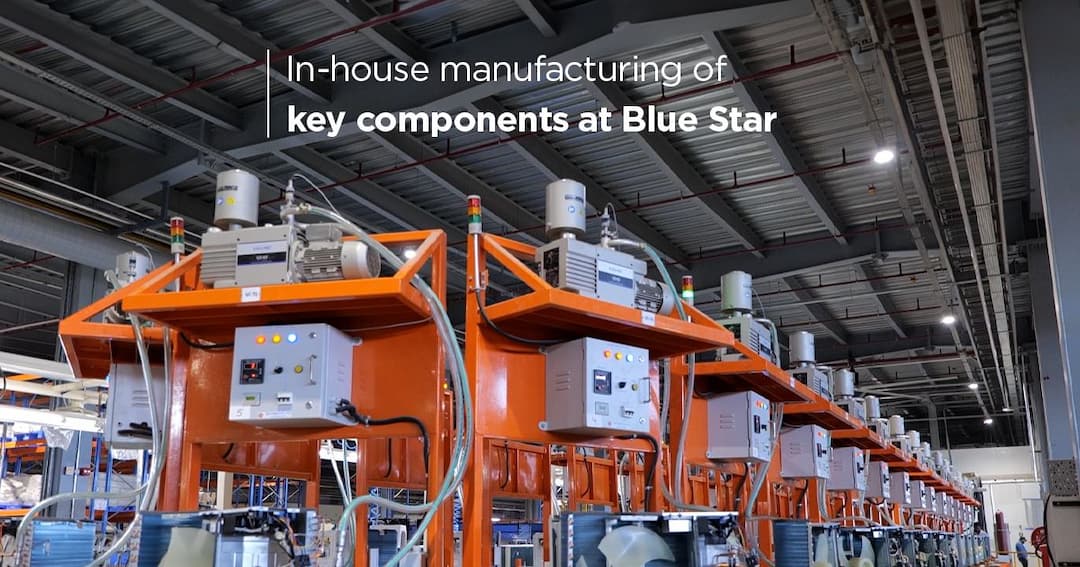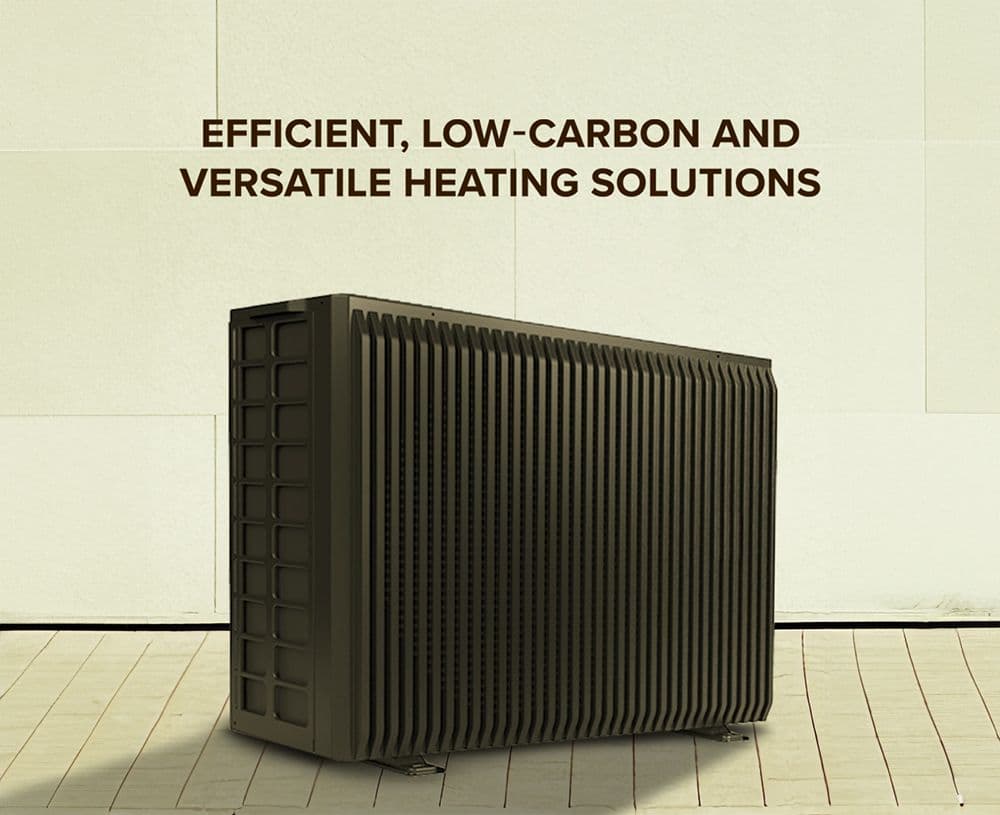Smart living revolution: The impact of HVAC systems on creating efficient and eco-friendly homes

Introduction
In today's rapidly evolving world, the concept of Smart Living has gained significant traction, offering homeowners innovative solutions to enhance comfort, convenience, and sustainability. At the heart of Smart Living lies the integration of advanced technologies into everyday life, transforming traditional homes into intelligent, interconnected spaces. One crucial aspect of Smart Living is the implementation of smart HVAC systems, which play a pivotal role in maintaining optimal indoor environments while minimising energy consumption and environmental impact.
Components of Smart Living
Smart Living encompasses a wide range of technologies and systems designed to streamline household operations and improve quality of life. Central to this concept are smart home automation systems, which enable remote control and monitoring of various household devices and appliances. Connected thermostats, lighting controls, security cameras, and smart appliances are just a few examples of the components that contribute to a smarter, more efficient home environment.
Importance of HVAC Systems in Smart Living
Among the various components of Smart Living, HVAC (Heating, Ventilation, and Air Conditioning) systems hold particular importance. HVAC systems are responsible for maintaining indoor comfort by regulating temperature, humidity, and air quality. In smart homes, HVAC systems are equipped with advanced features such as programmable thermostats, zone control, and energy-efficient components to optimise performance and reduce energy consumption. By integrating smart HVAC solutions into their homes, homeowners can enjoy greater comfort, lower energy bills, and reduced environmental impact.
Benefits of Smart HVAC Solutions
The adoption of smart HVAC solutions offers numerous benefits for homeowners seeking to embrace Smart Living. One key advantage is increased energy efficiency, achieved through features such as programmable scheduling, adaptive learning algorithms, and remote temperature monitoring. By optimising energy usage based on occupancy patterns and external conditions, smart HVAC systems can significantly reduce energy consumption without compromising comfort.
Furthermore, smart HVAC solutions provide improved comfort control, allowing homeowners to customise temperature settings for individual rooms or zones within their homes. With features like zoning systems and smart thermostats, residents can create personalised comfort zones tailored to their preferences, leading to enhanced comfort and satisfaction.
Another significant benefit of smart HVAC solutions is enhanced indoor air quality. Many smart HVAC systems are equipped with air purification technologies, such as HEPA filters and UV-C germicidal lamps, which help remove airborne contaminants and allergens, promoting a healthier living environment. Additionally, smart ventilation systems can regulate humidity levels and exchange stale indoor air with fresh outdoor air, further improving indoor air quality and comfort.
Future Trends in Smart Living
As technology continues to advance, the future of Smart Living holds exciting possibilities. Emerging trends such as artificial intelligence (AI), Internet of Things (IoT) connectivity, and renewable energy integration are poised to reshape the landscape of home automation and sustainability. AI-powered HVAC systems capable of learning and adapting to occupants' preferences and behaviour patterns promise even greater energy savings and comfort optimisation. Similarly, the integration of IoT connectivity allows for seamless communication between various smart devices and systems, enabling more efficient home management and resource utilisation.
Moreover, the growing emphasis on renewable energy sources presents opportunities for homeowners to further reduce their environmental footprint. Solar-powered HVAC systems, geothermal heat pumps, and energy storage solutions offer sustainable alternatives to traditional fossil fuel-based heating and cooling systems, contributing to a more eco-friendly and resilient energy infrastructure.
Blue Star's Contribution to Smart Living
As a leading provider of HVAC solutions, Blue Star is committed to driving innovation and sustainability in the manufacturing industry. With a focus on research and development, Blue Star continually explores new technologies and design concepts to enhance the performance and efficiency of its products. Blue Star's range of smart HVAC solutions includes energy-efficient air conditioners, smart thermostats, and air purifiers designed to optimise indoor comfort while minimising energy consumption and environmental impact.
Blue Star's commitment to environmental stewardship extends beyond product innovation to encompass responsible manufacturing practices and eco-friendly initiatives. By prioritising resource efficiency, waste reduction, and renewable energy integration, Blue Star strives to minimise its environmental footprint and contribute to a greener, more sustainable future for generations to come.
Conclusion
Smart Living represents a paradigm shift in the way we interact with our living spaces, offering unprecedented levels of comfort, convenience, and sustainability. By embracing smart HVAC solutions, homeowners can enjoy enhanced comfort, improved air quality, and lower energy bills while reducing their environmental impact.















